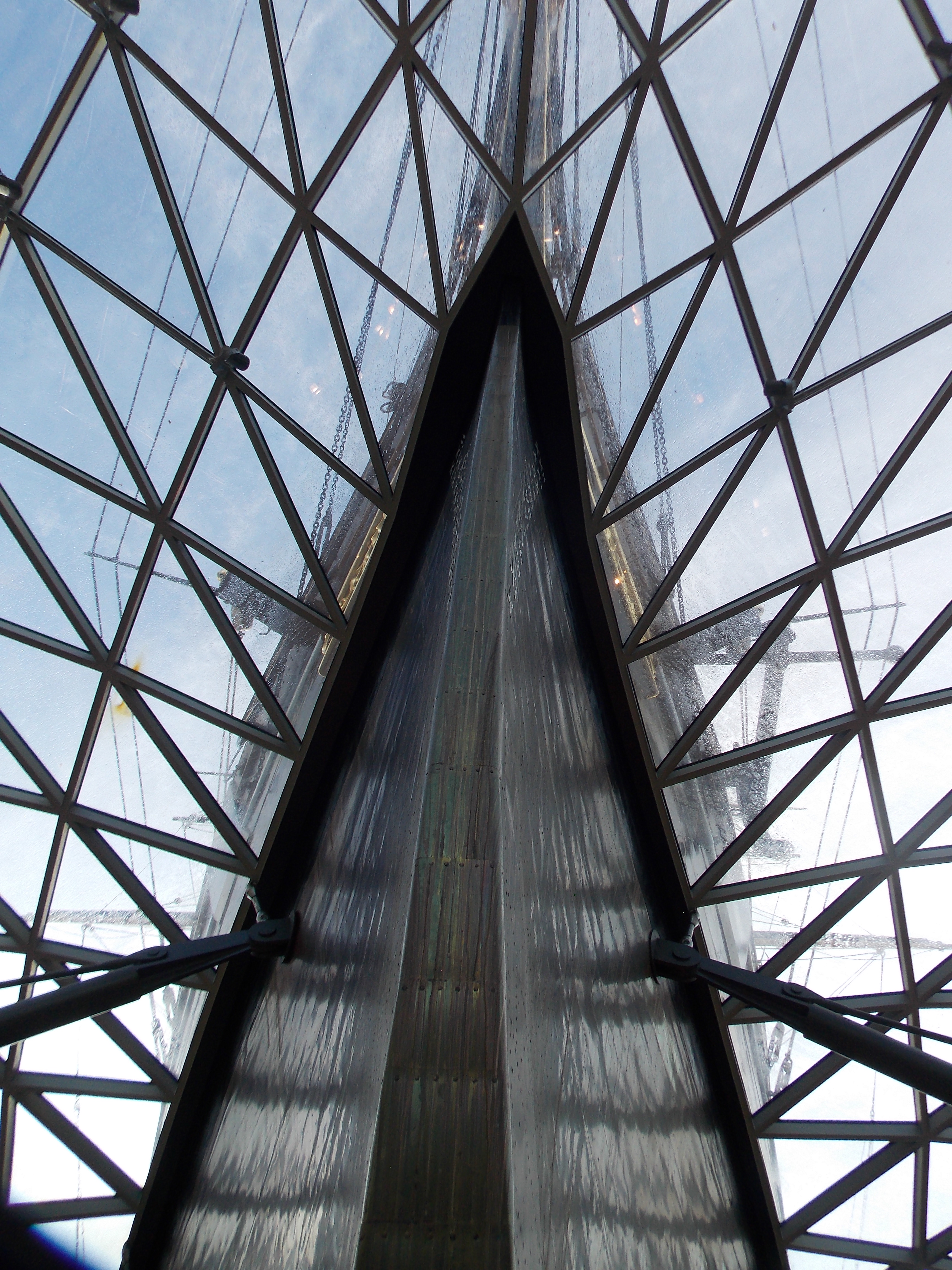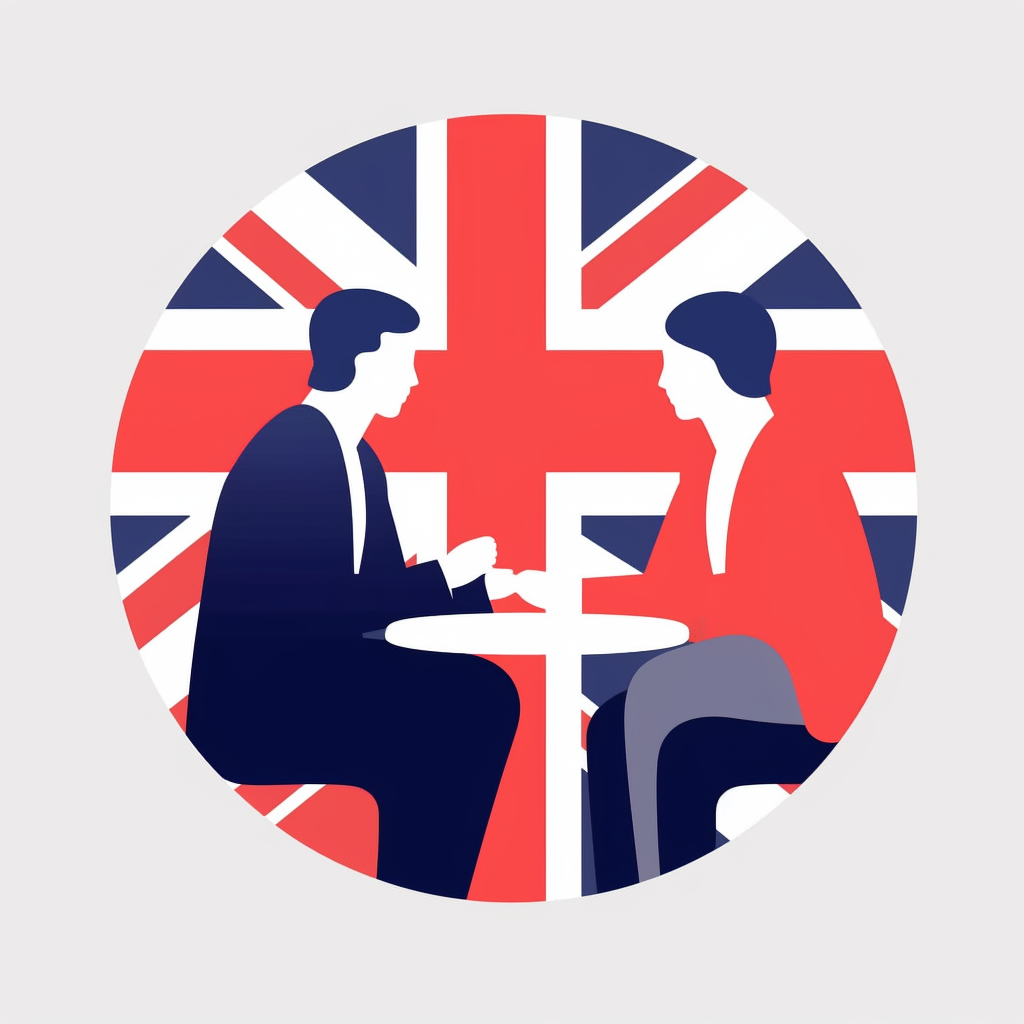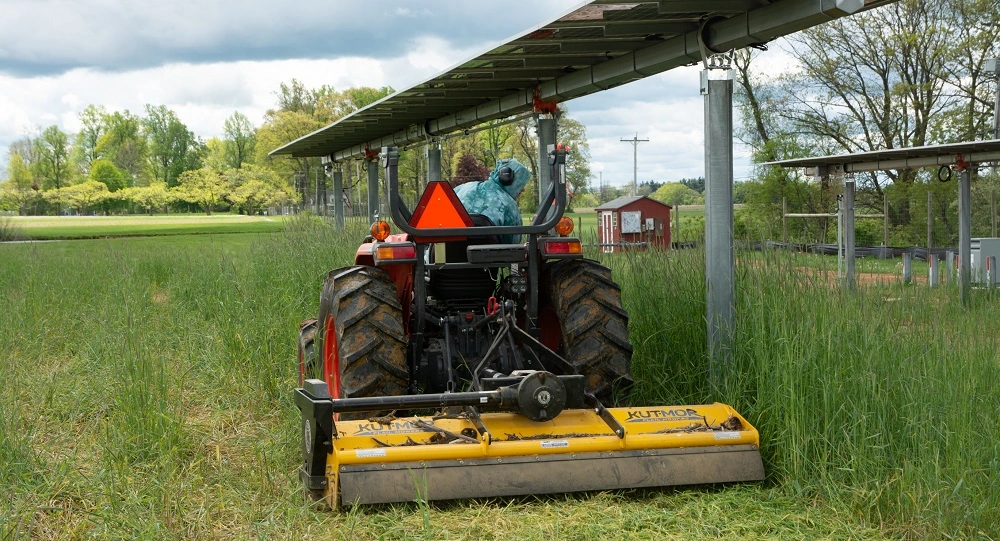- 6 Posts
- 11 Comments
Yeah that makes a lot of sense, personally I think a big part of the solution will have to be some form of community focused solution to end the culture of conspicuous consumerism and economic based social value - i don’t think it’s wrong to want good things or beautiful things but valuing something more because it’s got a certain logo is absurd, even more so when you’re valuing people simply based on which logo’s they can afford. I fear when worker run cooperatives compete it’ll still create that imperative to advertise and gain market edge which has caused so much of our twenty-first century woes.
My solution would have to involve a strong attack on not just copyright, patents and monopolies but on the very structure of our industrial economy. We need school and universities to be actively participating in community science and design projects to create verified and tested open source designs which can be fabricated locally anywhere in the world - it’s a pretty radical idea really because it involves changing pretty how we do and think about pretty much everything but it’s got a lot of positives.
Firstly it’s basically how the PhD system was intended, you put all that effort into doing a bit of science and when you’ve done it they check it’s ok and say ‘yep, you’re a real scientist now’ and that science gets added to the public storehouse of knowledge for the benefit of all - we could extend that so the education system teaches and guides participation in community benefiting projects like citizen science and collaborative design – for kids things like data gathering, group experiments, etc while university students are doing design work, materials testing, creating documentation, user guides, or other related media depending on specialisation. Projects will be worked on by community members in various ways, either as part of official efforts, community projects or individual work - basically the same model as social media, sometimes a random person goes viral for making something cool and sometimes a big company uses their budget to make good content.
The thing i always think about is washing machines because they’re so painfully simple and yet when you look at the choices available in stores there’s a crazy amount of totally meaningless choice - we ended up having to pick between one with ‘sport’ mode and one with ‘sanitary’ mode - presumably actually essentially the same thing but my why do they have these weird settings? because then they can have one with limited choices as the cheap one, then the next level up one that can do most the things you’ll probably want and expensive ones that can do it all and have an app… it’s all just software settings, it doesn’t cost them anything to have a mode that spins the drum for X seconds and runs the heater for X seconds - we could have a really simple design for a washing machine that’s easy to fabricate and repair, an easy to flash microprocessor connected to controls so you can easily choose the modes you’re likely to want and change your mind if the situation changes (for example you take up sports and require a longer soak and wash cycle or a new cleaning agent is developed which works better when used differently)
school kids could do supervised and documented tests to determine ideal washing conditions, it’d be a fun way to learn about science and how it relates to real-life plus they’d have more of a connection to the world they’re part of, the washing machine wouldn’t be a weird alien device from on high it’d be something they actually helped create - a wonderful feeling.
design students could participate in various design related challenges and projects such as creating custom displays and dial configurations, art students on making various options for making them look cool and beautiful - all passing work (i.e. work that meets the required criteria) is added to the general database of designs and options which people anywhere around the world can access when ordering an open source washing machine fabricated from their local small industrial firm, community run fablab, or to create with their own tools.
Again not saying this is the final or ideal solution but everyone should be used to having access to the very best, most efficient, and well designed things - if someone wants to show off then they should show off their good taste not their ability to outspend people without generational wealth. A community working together to design and create is always going to be better than a community battling itself.
I think about this a lot it’s an interesting one, the current system of money is kinda crazy but the principle of having a token that can be used in trades is great.
Like @keepthepace said I can see it’s significance diminish but not entirely vanish, if I want you to come and do the colour scheme for my living room then it’s taking time from your life which i’d like to repay you but you might not need anything i know how to do -however personC might want something i can do and be able to do something you need - rather than having to work out every trade and find the people to agree we just use a token, that token is money.
The problem comes when you need that token to live and they’re all in the hands of a greedy group of crazy people obsessed with having the most tokens - maybe we actually need more types of money not less, like maybe we should get land tokens that allow us to trade land but everyone gets a set amount and you can’t just buy a thousand acres because your great-grandfather sold opium… Maybe even two types of money to buy food, a basic ration that affords for a complete and healthy diet of your choice plus a surplus coin which is earned by supplying the economy with foods or materials required (e.g. if you grow apples and supply them to the community pool you get 1 surplus token per kg but strawberries you get 1.3 st per kg due to local demand) these tokens can then only be spent on luxuries, rare items, and non-essential services.
I’m certainly not saying that’s the system i propose or support simply that there’s a lot more options and possibilities than we normally consider - maybe one land token gets you a small beach-front property or a huge bit of old farmland to restore, that gives everyone personal choice and helps manage demand with all sorts of interesting challenges - if you move onto a ruined plot of land and make it beautiful then you deserve more tokens than it cost you to get there but that opens of the possibility of someone purposely getting a rough bit of land, paying others to work on it using their excess surplus tokens then claiming the extra land tokens for themselves… and is that a bad thing or a good thing?
Thinking about things in obscure ways can really help to crystallise the interesting and important parts of something we’re so used to thinking of in everyday terms, like what really is money and what is money supposed to be.

 3·1 year ago
3·1 year agoThe water wars prediction is especially interesting because when i was young they always pointed to a few locations where it would happen first, and top of the list was almost always Golan Heights where there were already water related tensions and conflict - however what actually happened is Israel invested in a huge desalination project which now supplies all their tap water, they also supply water to their neighbour Jordan who pays in solar power that’s used to run the system.
Saudi Arabia likewise has eased tensions within it’s borders through huge desalination investment, annalists predicted that competition for water resources would tear the country apart but again what actually happened is they invested in desalination which currently supplies around half their tap water and it’s helped add perceived legitimacy and gained support for the ruling family. Not people i like seeing gaining support but a far better outcome than the chaos and human suffering which was predicted.

 4·1 year ago
4·1 year agoyes they do that in some facilities, it’s called sewer discharge and can be quiet effective in a well monitored and designed system, surface water discharge uses a similar method of dribbling brine into the water as part of a system that uses ocean currents and tides to disperse the brine back into the ocean.
While brine return is a complicated and important step it’s really not some major ecosystem destroying problem in any of the modern installs - it’s just important to model and monitor the system, the same way sewage systems find a location where currents carry stuff away and allow it to disperse brine return systems do, with brine it’s just stuff that belongs in the ocean anyway so it all mixes back in fairly quickly.
A lot of people seem to like to learn the difficulties involved in a new tech and then just use negative thinking to exaggerate it into a reason the tech will never be useful even after decades of improvement and investment. There are huge projects around the world which have done really positive things for local ecosystems, they’re even refilling the sea of galilee after decades of over extraction and allowing groundwater levels to restore.

 75·1 year ago
75·1 year ago‘previous waves of digital tech were used to deskill workers and defang smaller companies’ just isn’t even close to true, it’s far easier to access learning resources, tools, and a final market for your product or skills than it ever has been.
I hate when people look back and say things like ‘technology took away jobs’ when the reality is it’s what ended the brutal privation and poverty as described in works like Jude the Obscure and Ragged Trousered Philanthropists - imagine how different Jude or Robert Tressell’s lives would have been with access to the educational and community organisation resources we all take for granted. Neither of those people had the slightest chance to reach their potential and that was the reality of working class life in those eras, today we all have free access to almost endless learning resources on any subject - we have for many things the tools freely available or at cost thanks to open source; coding, digital art, writing, publishing, film-making… If Joel Haver had been born Robert Tressell or Jude the Obscure then he’d certainly have never made a movie (anachronism aside) but today he and a million other normal people from average lives are able to create art and express themselves freely.
If anything tech has given fangs to little companies and independent creators, i’ve watched more Joel Haver movies than Marvel movies - one guy and his friends using hobby grade gear, home computers and a lot of passion is enough to make something that people all over the world can enjoy - tech has been fantastic for creators.
and when creators are able to use AI tools to make that even easier and to increase the scope of their creations it’ll be the big companies that suffer not the small creative groups full of passion, ideas and strong connection to the world they live in.

 1·1 year ago
1·1 year agoyeah, i really hope we see better systems emerge for using energy at peek times or sharing power locally so that we can start moving away from the grid.

 2·1 year ago
2·1 year agowould be a great place to cook, and to relax while other people cook. love the kitchen garden in the kitchen.

 3·1 year ago
3·1 year agoThat’s really cool, would be a really impressive thing to see in operation.
Love the write up too, like the idea of it working at a different pace - maybe it’s designed in a way that it’s got a section that’s filled up with broken and sorted scrap that feeds in whenever it’s hot enough to run - that way most the work would likely be done on cloudy days, after it’s run for a few days they come in and refill the giant hoppers with scrap and when that’s done they go take all the bars or forms it’s made - probably like one of those huge industrial ones that have the conveyor belt of moulds that get filled then roll along something just long enough that they’re cool enough to dump out when it gets to the end and inverts dropping it into a huge pile as the mold goes round to get refilled.
and yaeh totally agree about the street cars, something i really love about solar punk is that thing of using whatever works for a locality rather than the current global trend of one-size fits all. It would be great being able to travel and actually see different things again, like nearer the equator you’ll see more sun based stuff and up here at 50N we’ll have some mostly associated with summer activities and a lot more wind power, in arid regions they’ll prefer processes that don’t require or can’t tolerate much water where as here we’ll build under the assumption that for most the year eveything’s damp. it certainly would be a more interesting world. I think localized industry is the key, especially a model when things are designed on a global scale through open source collaboration but selected and assembled locally to fit with the culture, tastes, requirements and available resources of the area.

 4·1 year ago
4·1 year agoyeah, i also really like the idea of algae grown biomas or electronically captured carbon being used for materials for cars, boars, etc - open source cars could have core components designed to last pretty much forever with components that have a shorter life such as body panels and interiors made from bio-plastics, e-plastics, even more traditional materials like wood and ceramics which are still fantastic materials when used in the right place and could come from coppiced trees and managed woodland.

 2·1 year ago
2·1 year agooh that’s really cool, would be a such a low impact way of making biochar that when you add it to the soil it’d probably actually be atmospheric carbon negative so essentially free carbon-capture - on a tiny scale but if it was how everyone did it then that’s one thing pushing in the right direction instead of the wrong direction.
and interesting about the electromagnetic pumping, i don’t think it’s especially hard to engineer compared to stuff that’s readily available in a dozen different colours so i guess there’s just no perceived market for it - i’ll have to read up and see if there are any DIY projects, being able to move liquid salt around would be really useful in a lot of heat transfer applications.






tarmacking is a horrible job especially at night, personally I’d rather reduce the cost of infrastructure maintenance using automation and then pay people a living wage to do nicer jobs.